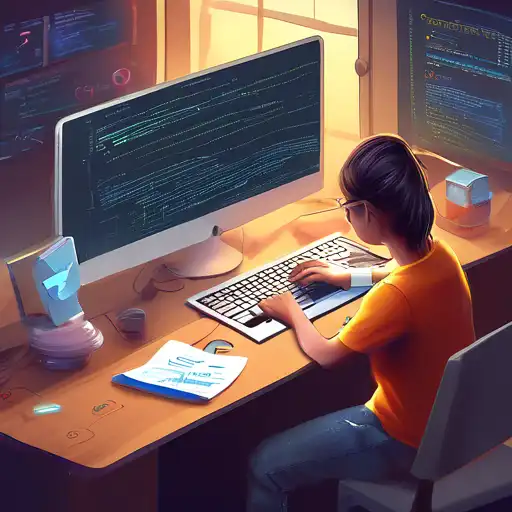Master Coding Quickly: 5 Effortless Steps for Beginners
Learning to code can seem daunting at first, but with the right approach, anyone can master the basics quickly. Whether you're aiming to switch careers or just want to understand the digital world better, these five simple steps will guide you through the process of learning coding fast.
Step 1: Choose the Right Programming Language
Start with a language that matches your goals. For web development, consider HTML and CSS for starters, then move to JavaScript. Python is great for beginners interested in data science or automation. Research and select a language that aligns with your objectives.
Step 2: Utilize Free Online Resources
There's an abundance of free resources available online. Platforms like Codecademy, freeCodeCamp, and Khan Academy offer interactive lessons that make learning engaging. Take advantage of these to build a solid foundation without spending a dime.
Step 3: Practice Coding Daily
Consistency is key when learning to code. Dedicate at least an hour each day to practice. Start with simple exercises and gradually tackle more complex problems. Websites like LeetCode and HackerRank provide challenges to test your skills.
Step 4: Build Projects to Apply Your Knowledge
Applying what you've learned by building projects is crucial. Start with small projects, like a personal website or a simple calculator, and gradually increase the complexity. This hands-on experience is invaluable and boosts your confidence.
Step 5: Join a Coding Community
Learning doesn't have to be a solitary journey. Join forums like Stack Overflow or GitHub to connect with other learners and experienced developers. These communities can offer support, answer your questions, and provide feedback on your projects.
By following these steps, you'll find that learning to code is not as intimidating as it seems. Remember, every expert was once a beginner. Stay patient, keep practicing, and you'll see progress in no time.
For more tips on technology and coding, explore our related articles and resources.
